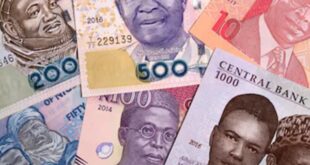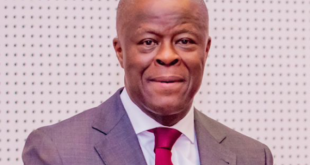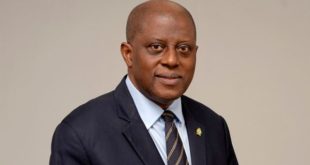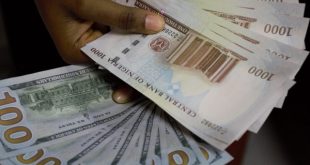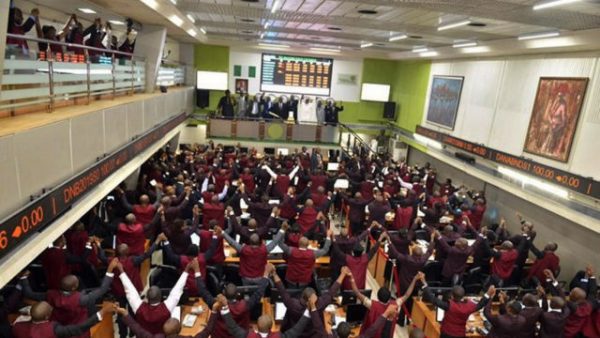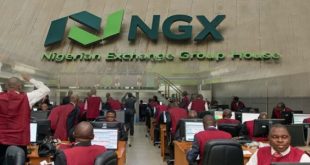
The Federal Government has linked the country’s foreign exchange scarcity to its low export earnings.
Speaking at the 40th annual Conference of the Chartered Institute of Directors on Thursday, in Abuja, the Minister of Finance and Coordinating Minister of Economy, Wale Edun, said the government was planning to further diversify the economy.

The minister asserted that the country’s economy had been diversified, but expressed worry that foreign exchange revenue had yet to grow because oil had remained the major source of income.
“An important part of that is diversification. The economy is diversified as other sectors are increasingly contributing to the economy. But what is not diversified is our source of foreign exchange revenue.

“So, from all those sectors, whether telecommunications, transport or manufacturing, there are not enough foreign exchange earnings or enough savings to give us what we need, which is the positive balance of trade,” Edun enunciated.
He, however, noted that the current administration was ready to provide a stable economy.
“This means one that is growing more than the population growth, one where inflation is low, the exchange rate is stable, and a reasonable interest rate for people to borrow and invest in productive activities.
According to the minister, the country’s export earnings need to be greater than import expenditure so that it would have foreign exchange earnings with which to stabilise the currency.
He added foreign investors were not interested in improving the country’s foreign direct investment due to rising inflation in Western countries.
Edun maintained that the lack of investor appetite to invest in Nigeria may force the government to turn to the corporate world for solutions and investments.
According to Edun, the development is forcing the government to depend on “our domestic resource mobilisation”.
He claimed that the essence of attracting investment into the economy was to increase productivity, grow the economy, create jobs, and reduce poverty.
He said, “The government does not have the funding and the funding is not available internationally. They are not really interested and they have inflation to fight in the Western world, so they have to keep interest high, tighten the money supply and cannot not provide any kind of development financing at the level we need.
“When we talk about investment and attracting investment into the economy, we are not only talking about domestic investors but about foreign direct investments, private investment, and much more than what the multilateral organisations may have to offer.
“The big prize is to make our economy, institutions, and corporate governance such that it attracts people from around the world those interested and have surplus savings to invest in profitable ventures.”
On his part, a former Minister of Finance, Dr Olusegun Aganga, posited that Nigeria had the hallmark of a weak economy.
He said the bane of the economic growth was a lack of continuity and implementation of policies.
“The economy is the number one priority of any government. In some countries, elections are won or lost because of the economy. Our economy today is relatively small. It is not growing fast enough and is not inclusive.
“It has all the features of a weak economy; import dependent, weak and unstable macroeconomic environment, exports of primary products without value addition, among others,” he noted.
 MMS PLUS NG – Maritime, Aviation, Business, Oil and Gas News Online Newspaper with coverage in Maritime, Oil and Gas, Aviation, Power and Energy as well as Financial News
MMS PLUS NG – Maritime, Aviation, Business, Oil and Gas News Online Newspaper with coverage in Maritime, Oil and Gas, Aviation, Power and Energy as well as Financial News



